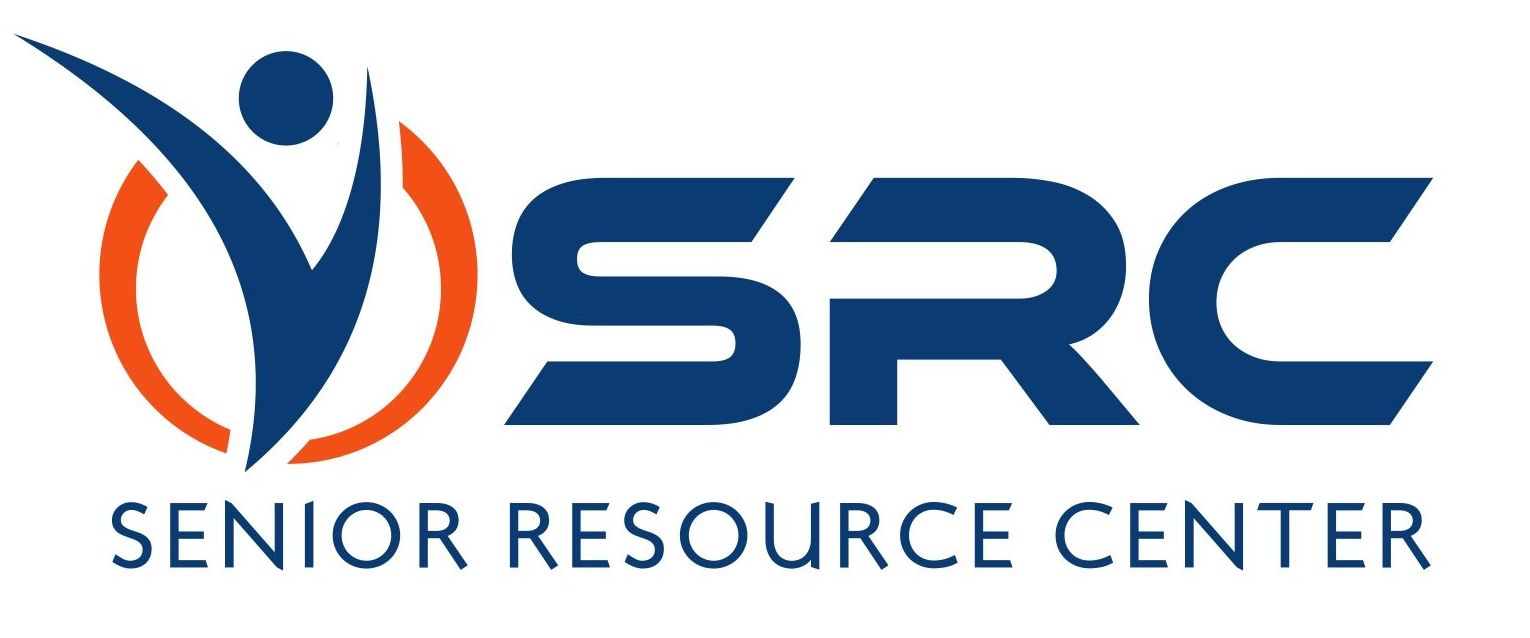Understanding Home Equity: Exploring the Basics of Tapping into Your Property's Value
Homeownership is often seen as the quintessential American Dream. Beyond the joy of having your own space, it's also a significant financial investment. Home equity, the portion of your home's value that you own outright, represents a valuable asset that can be tapped into for various needs. Let's delve into the basics of home equity and explore how you can potentially leverage this asset.
What is Home Equity?
Home equity is the difference between your home's current market value and the amount you still owe on your mortgage. It's essentially the portion of your home that you own outright. For instance, if your home is worth $300,000 and you owe $200,000 on your mortgage, your home equity is $100,000.
How does home equity build?
- Down payment: Your initial down payment contributes to your equity.
- Mortgage payments: Regular mortgage payments gradually decrease the principal balance, increasing equity.
- Home appreciation: If your home's value rises over time, your equity grows.
Why Tap Home Equity?
Home equity can be a valuable financial resource. Here are some common reasons people choose to tap into it:
- Home improvements: Enhancing your home's value can increase your property's worth and overall enjoyment.
- Debt consolidation: Combining high-interest debts into a potentially lower-interest home equity loan can save money.
- Major purchases: Funding significant expenses like college tuition, a new car, or a wedding.
- Unexpected emergencies: Covering unforeseen costs like medical bills or home repairs.
Ways to Tap Home Equity
There are primarily two methods to access your home equity:
1. Home Equity Loan:
- This is a lump sum loan based on your home's equity.
- You receive the entire amount upfront.
- Repayment is typically through fixed monthly installments over a set term.
2. Home Equity Line of Credit (HELOC):
- Functions like a credit card, offering a revolving line of credit.
- You draw funds as needed up to a predetermined limit.
- Interest is usually variable and only accrues on the amount borrowed.
Important Considerations
Before tapping into your home equity, carefully weigh the pros and cons:
- Interest rates: Compare rates with other loan options to ensure you're getting the best deal.
- Closing costs: Consider associated fees, which can vary.
- Repayment terms: Understand the repayment schedule and potential impact on your budget.
- Risk: Your home serves as collateral. Defaulting on the loan could lead to foreclosure.
- Tax implications: Consult with a tax professional to understand potential tax benefits or consequences.
Building Home Equity
Increasing your home equity is a long-term strategy. Here are some tips:
- Make consistent mortgage payments: Prioritize on-time payments to reduce principal.
- Home improvements: Strategic renovations can boost your home's value.
- Regular maintenance: Prevent costly repairs that can impact equity.
Tapping into your home equity can be a strategic financial move, but it's essential to approach it with careful consideration. By understanding the basics and weighing your options, you can make informed decisions that align with your financial goals.
Home Equity for a Robust Retirement Plan
Home equity represents a significant asset that can provide financial security in later years. By strategically building equity over time through consistent mortgage payments and home appreciation, homeowners can create a substantial financial cushion. This equity can be accessed through methods like home equity loans or lines of credit to supplement
retirement
income, fund major expenses, or provide a safety net for unexpected costs.
If you're an Austin, Texas resident seeking guidance on this topic,
Senior Resource Center
(SRC) is an excellent resource. We offer a wealth of information and support services to help seniors navigate retirement planning, including strategies for utilizing home equity. From workshops and consultations to referrals to trusted financial advisors, SRC can provide valuable insights to help you make informed decisions about your financial future.
Visit the Senior Resource Center website for more information or to
schedule an appointment. We also have informational
webinars to learn more about other aspects of
retirement planning!




